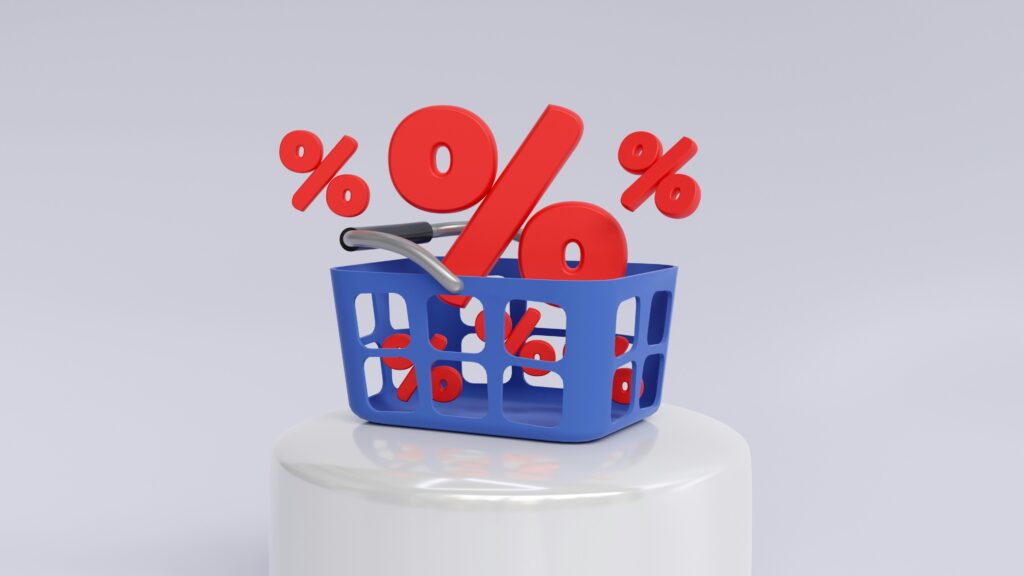Private debt is becoming an increasingly attractive alternative investment for high-net-worth investors looking for potentially stable income, lower volatility, and strong yield potential.
Unlike traditional stock market investments, private debt allows investors to lend capital directly to businesses, earning returns through fixed-interest payments or revenue-sharing agreements.
But is it the right fit for your portfolio?

Why More Investors Are Turning to Private Debt
With banks tightening lending standards, businesses are turning to alternative financing sources like merchant cash advances (MCAs), direct lending, and private credit funds.
This shift has fueled the growth of the private debt market, which surged from $1 trillion in 2020 to $1.5 trillion in 2024 and is projected to reach $2.6 trillion by 2029.
For investors, private debt offers predictable income and portfolio diversification while avoiding the daily price swings of traditional markets. It’s a potentially compelling option for those seeking steady returns without direct exposure to stock market volatility.
The Different Types of Investments
Private debt covers several investment types, each catering to different financial goals and risk levels:
-
Merchant Cash Advances (MCAs)
Provide businesses with short-term capital in exchange for a percentage of future revenue. High yield potential but dependent on business performance.
-
Direct Lending & Private Credit Funds
Offer loans to mid-sized businesses, potentially generating steady, long-term returns with managed risk.
-
Distressed Debt & Special Situations
Involves purchasing discounted loans or bonds from struggling companies, offering high-return potential but with greater risk.

Find Out if Private Debt Fits Your Portfolio
Is private debt the right investment for you?
Instead of guessing, take our quiz to get personalized insights based on your risk tolerance, income goals, and investment strategy.
Take our quiz, Is Private Debt the Right Investment for You? and find out today.

